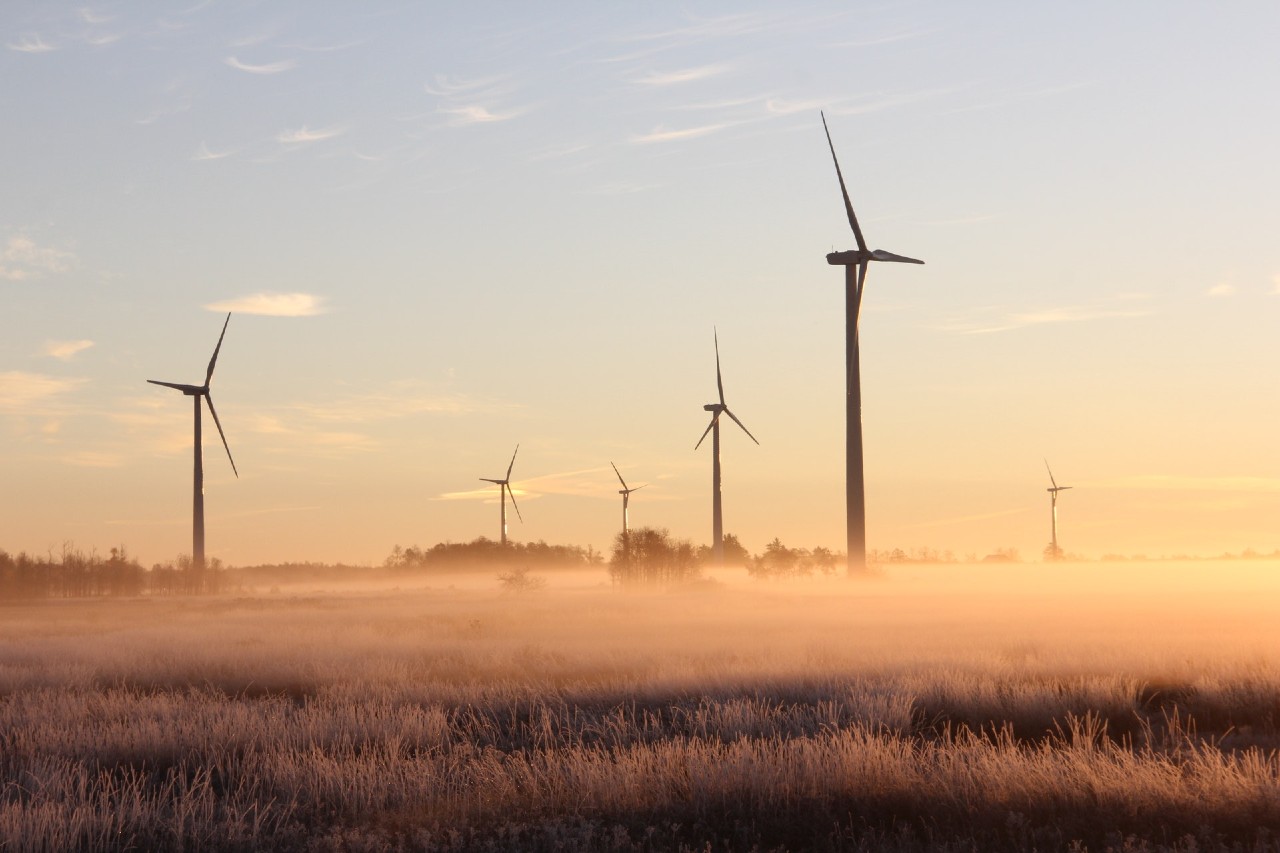Energy industry professionals believe that rising prices are the biggest issue in UK energy at the moment – and that the main solution to this, along with other problems, is energy efficiency.
The 2022 Energy Barometer survey, carried out by the Energy Institute (EI) among its members, is a fascinating snapshot of how energy professionals view the current situation.
The EI’s CEO, Nick Wayth, has described energy in the UK as facing a “triple crisis”: the climate crisis, the energy price crisis and the supply concerns caused by Russia’s invasion of Ukraine. Respondents to the survey seemed to view things along these lines too. When asked about the main challenges to their industry, they ranked the energy price crisis first, followed by low carbon energy and supply security.
Efficiency, efficiency, efficiency
When survey respondents were asked to rate the importance of responses to the price crisis, there was a clear winner: energy efficiency.
This solution was also the favoured way for the UK to achieve its goal of phasing out Russian imports by the end of the year. (The option “Reducing oil demand by scaling up energy efficiency” got more votes than the option of maximising North Sea output or turning to other countries for fossil fuel imports.)
EI members were also asked where they thought government should incentivise private investment to protect consumers against future price volatility. Their answer? Energy efficiency.
These views are backed by a June 2022 report from the International Energy Agency, which cited energy efficiency as the key to improving energy security, reducing exposure to price volatility and tackling climate change.
Falling confidence
There is clearly a strong consensus among industry professionals that energy efficiency measures are the quickest route to protect UK homes and businesses from price volatility and energy supply worries. But there is a much less clear sense that government policy in this area is working. Less than 2% of respondents (five out of 361) judged that policy has had a “very positive” effect on energy efficiency measures in the past 12 months, while less than a third described it as “positive”.
Fuel poverty was viewed as an even bigger policy failure, with most EI members judging that national energy policy has had a negative effect on this issue.
Just 5% of energy industry professionals now believe we will achieve net zero by 2050
The government fared much better on support for renewables, perhaps because of the ambitious targets for solar and wind in April 2022’s Energy Security Strategy. But confidence in the government’s ability to hit its legally binding net zero target has fallen since last year. Just 5% of energy industry professionals now believe we will achieve net zero by 2050, down from 12% in 2021.
Independent action
Despite – or perhaps because of – this lack of confidence in the government’s strategy, businesses are moving forwards with their own net zero plans. Over a third of people surveyed (36%) said that their organisation had publicly committed to a net zero action plan, and most of these were already getting on with implementing it.
The Energy Barometer 2022 suggests multiple drivers for businesses to go greener. 48% of people reported that their business had implemented new energy efficiency or GHG reduction measures in the past year, significantly greater than the percentage committed to net zero targets. When asked the reasons for this, respondents gave regulatory compliance as the main motive. But this was followed very closely by public awareness of climate change and rising energy prices. (Around 35% reported that their business had experienced a change to its financial position because of the rising cost of energy.)
Just under half (47%) of survey respondents believe that rising energy prices will actually help the net zero transition, by forcing us to scale down demand and scale up renewables. But this is balanced by the clear concern over the effects that this price volatility will have on business survival and the cost of living.
UK energy professionals obviously have a clear idea of what needs to be done, and are moving forwards with their own part in the green energy transition. Will government play its part and take the action they are calling for?















